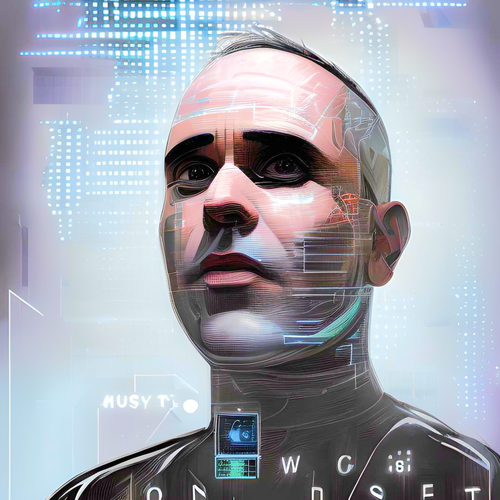As part of a full-day education course on Strategic Branding we delivered on behalf of Property Council Australia for almost 40 marketers, we ran a session on the changing nature of the marketing stack, the impact of technology and consultants a marketer might hire. For the practical component, we encouraged marketers to examine the ‘Creative Pitch’ process, think about whether it was really serving their needs and explore the potential for new and different pitch formats. The results of that exercise were fascinating and encouraging, but what really got the marketers in the room thinking were the insights I presented from the other side of the boardroom: The Agency perspective.
A week prior to the course, I put out a call to agency leaders to tell me about their most recent pitch experience. About 30 of them responded in (mostly heartbreaking) detail. While the survey was by no means exhaustive*, the findings were fairly consistent. Here’s what those agency leaders (anonymously) told us you can expect:
The brief will be pretty loose
Most respondents cited a lack of detail or clarity in the brief. While most welcomed the opportunity to do some research and demonstrate their thinking, the practical result was that, without the opportunity to collaborate (or even communicate) with the marketer, each agency ended up investing heavily in research and strategy. Even then, they were forced to make a lot of assumptions. In the absence of a clear brief, a lot of agency leads felt that pitches were sometimes won (or lost) by a visual that personally appealed to the decision-makers. True or not, that means you need to bring your Art Direction A-game and invest in polished visualisations.
You’ll be competing against at least 3 other agencies. Maybe up to 8
Since Roman times, we’ve loved the gladiatorial spectacle of a public battle. But gone are the days of “two men enter, one man leave”. Today’s Agency Thunderdome is typically a 4-way slugfest, sometimes more. And that’s at the shortlist stage. Statistically, if you’re as good as the competition, you’ll win 25% of the pitches you pay to participate in. Wait, what?
Expect to spend your own money
Yep, be prepared to pay for the privilege. Beyond head hours, there are usually 3rd party ‘hard costs’ like printing, transport, food, freelancers, editing and so on. The good news here is that it’s usually not a lot (mostly around $5k). However, it’s coming out of your post-tax business profit. For an agency on a 10% recovery margin, you’ll need to make $50,000 in billings in the same time-frame to break even on the external costs of just one pitch. Ouch.
You’ll need a bunch of people
An average of 6. (Or up to 60, in two separate teams). Not only because there’s a lot of work to do (there is), but also because it’s spread across so many disciplines. Almost all the respondents said they produced new, bespoke work in at least 6 areas (research, strategy, concept, creative rollout, campaign planning, budgets & schedules) for every pitch. For smaller shops, some people will be pulling double or triple duty.
And they’ll need to focus on the pitch
We’re talking an average of 70 head-hours investment. Nearly 2 weeks full time. Even split up amongst a team, a couple of key people will get sucked down the pitch rabbit-hole to the exclusion of most everything else. That ripple effect goes through the business as everyone else leans in to pick up the slack. If you’re pitching regularly, that can become demoralising. If you’re pitching constantly, it quickly becomes worse than that. Look after your people (not just the pitchers).
Even if you lose, your work might win
This was the frightening bit. The number one complaint from agencies is when clients take ideas presented in the pitch and hand them to someone else (the winning agency, the incumbent or even their in-house team) to execute. No explanation, no permission and certainly no compensation. Some people might call that theft. Those people would be right.
The unpaid speculative creative pitch has been the bane of agency life since forever. (So have timesheets, tbh). Despite all the hand-wringing, no one seems to have developed a wholesale solution for it. The reason: most marketers don’t see the need for reform. When faced with decisions that can have multi-million dollar implications and career-limiting potential, spec creative pitches are regarded by marketers as the most effective tool currently available to help them evaluate their options. Until a new model comes along that significantly reduces the inherent risk of that decision-making, agencies will continue to be invited to pitch creative.
For agencies on the receiving end those invitations, make sure you fully understand the risk-to-reward ratio and, if you decide to participate, be prepared to back yourself, deeply.
Latest.

The Key to Being Job-Ready is Being Resume-Ready
Job Seeker

Are Companies Taking Advantage Of Job Seekers In A Competitive Market?
Industry Trends, Hiring Insights, Job Seeker

How To Use The Amazing Power Of Gen AI To Transform CX
Technology, Video Resources





